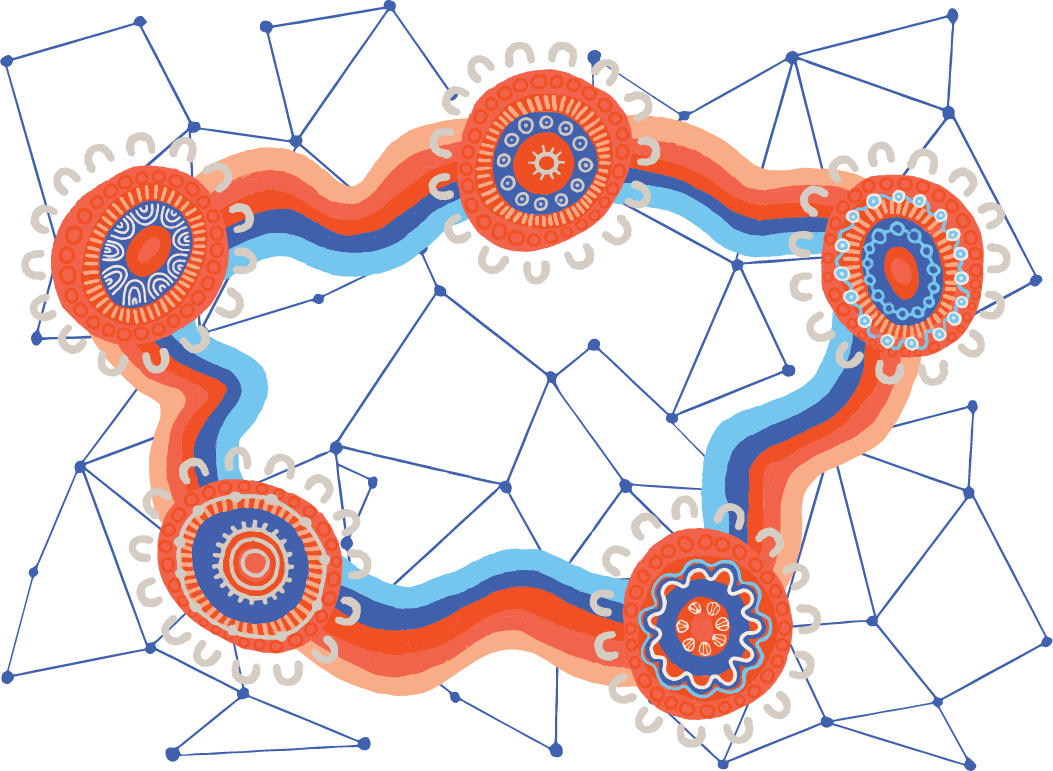- Teresa Corbin - Chief Customer Advocate, Telstra
Times are tough for a many Australians right now. For young people balancing student debt and daily living expenses, keeping up with quality internet and reliable technology is a struggle even though digital access is crucial for their education or work. And in some families, replacing outdated devices or upgrading internet speeds simply isn’t an option, affecting the ability of their kids to do their schoolwork or stay in touch with friends.
Research commissioned by the Australian Communications and Media Authority (ACMA) last year showed 25% of Australians had experienced payment difficulty or concerns in the previous 12 months for at least one of their essential services bills (telco, energy, water) and 48% of those had difficulty with their telco bills.
The Australian Youth Digital Index (AYDI) reinforces the impact of cost pressures on digital inclusion for many young people. To achieve a high connectivity score in the AYDI a young person must have a reliable home internet connection and not be impeded by limits on data or speed. To score well on the access pillar, a young person needs good access to devices such as a smartphones and computers and be able use the internet to complete the tasks they need to.
The AYDI research shows one in eight young Australians (13%) has had to cancel or downgrade their internet plan due to the cost of living crisis, a figure that rises to 18% among households earning less than $50,000 annually. Nearly one-third of young Australians without a laptop cite affordability as a key reason, and 18% of young Australians say they haven’t been able to replace a broken device because of rising costs.
We can also see the impact of household finances on digital skills and safety. Young people from lower-income households often have fewer opportunities to build their online skills, making it harder to use the internet confidently and safely. The AYDI skills index for the lowest-income households was 61, compared with 73 for those earning over $150,000. And those in the lowest income households are nearly three times as likely to feel unsafe online as those in the highest income households.
Without reliable internet and the know-how to use it, young Australians are missing out on chances to learn, connect, and find opportunities. This makes it that much harder to keep up in a world where digital is everything.
Telstra believes everyone should have the opportunity to stay connected, which is why we have established a range of supports aimed at Australians facing disadvantage.
Telstra’s Top-Up program, for example, provides access to $180 worth of mobile data—70GB for six months— to those facing financial challenges, homelessness, or domestic violence. This year alone, the program will support 30,000 to stay online.
Other payment assistance supports include:
- Flexible payment arrangements and extensions;
- A review of your plan or pre-paid service to check you’re on the best value service for your needs;
- Support in moving to a different plan or pre-paid service;
- Concession Card discount on eligible services;
- Potential waiving of fees on a case-by-case basis; and
- Longer term support based on your personal financial circumstances.
Through the Telstra Foundation we’re also investing in various free programs to help redress the imbalance by supporting young people to build skills such as coding, digital making and digital literacy.
We believe everyone should have the chance to stay connected, learn, and grow, no matter their circumstances. By making digital access more affordable and supporting digital literacy, we can help young people thrive—even when times are hard.


